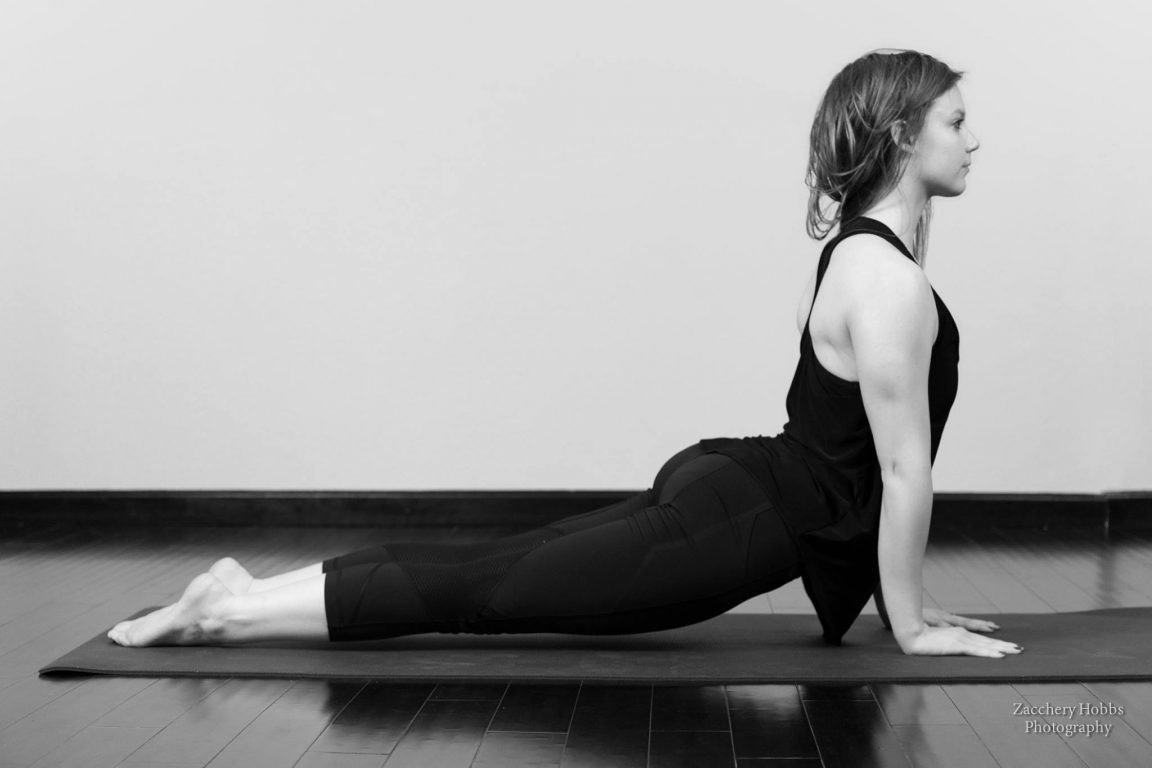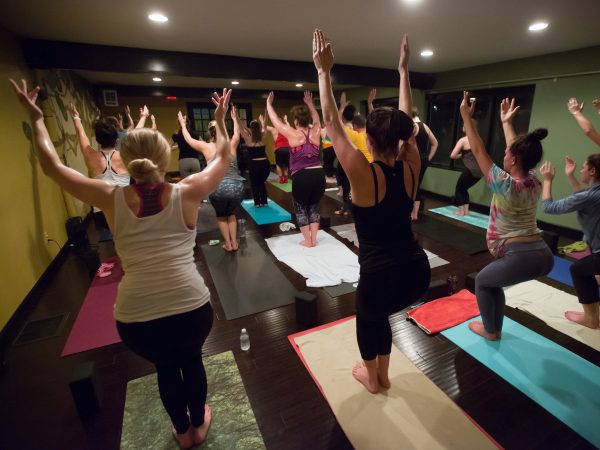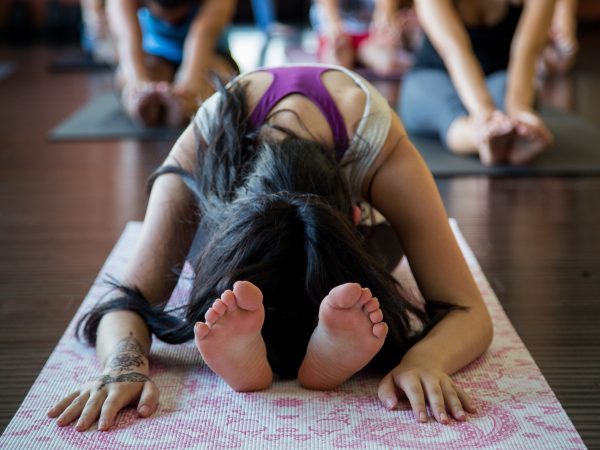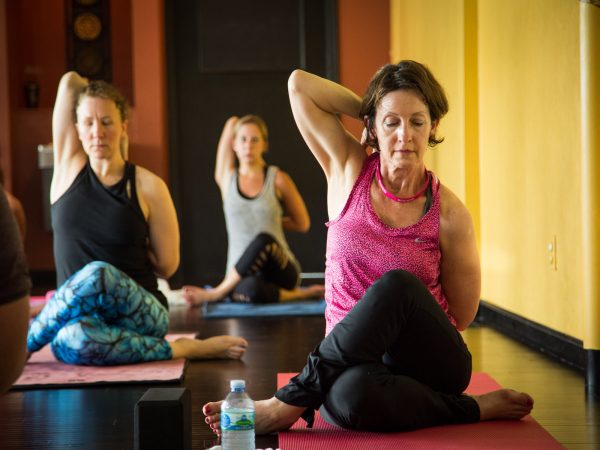How We Find Happiness

Growing up, my older sister, Katie, was bossy—in the most type-A, senior-by-four-years, girl-boss kind of way. She was the classic older sister, always wanting to tell me what to do because she knew better, not understanding that I needed to make the same mistakes she did in order to learn how life worked. There’s a home video of us where it’s my birthday—I had just turned five—and I had received what would quickly become my very favorite toys: a bunch of plastic Lion King figurines, which I had laid out on the table and was busily setting up exactly how my imagination wanted. My older sister, who (at nine years old) wanted the attention turned back to her, grabbed Simba and Nala, who were in my hands, and put them where she felt that they should go on the table. I ignored what she had done, picked Simba and Nala back up, and continued playing. My older sister again grabbed the two and put them back where she felt they belonged—because in her mind, I was incorrect. I was wrong. The toys were not where they “should” have been. Really, all she wanted to do was help—and receive attention for doing so.
We all do this. When someone is going through life differently than us, how easy is it to give them advice, even when it’s unwanted; how easy is it to judge them and think, “If they only knew what I know, they would be happier and better off.” Years later, as I speak to my sister on the phone, what she had done at nine years old is silly. We laugh about it and decide that Katie was incredibly young, after all; and, being the older sister that she was, she was “programmed” to try and help me out, even if it was obvious that I did not want or need it.
As Americans, we are “programmed” to believe that striving for happiness is the most important thing we can do in life. I refute this. I believe that the most important thing for us to do is to strive to live; deeply, feelingly, unapologetically. To feel every emotion, not just happiness. When we allow ourselves to feel anger, sadness, joy, relief, determination, emptiness, pain . . . completely and totally, we can find release and ultimate contentment. True happiness cannot be felt without also knowing true sadness. If we repress all negative emotions, they will manifest themselves in other ways—either through excessive stress, grumpiness, or lashing out. Repressing them manifests physically as well, through tightness in our hips, our face, and our shoulders. We need to feel every emotion in completeness, so that it doesn’t get stuck somewhere we don’t want.
Speaking to my older sister now, I listen as she describes to me the incredible, vivid emotions of parenthood—the frustration over my niece, Maddie, never sleeping, the bittersweet feeling of watching her grow up (she’s a year and a half), and the joy of seeing her first steps. Does my sister feel happiness? Yes. Does she also feel sadness? Yes. And because of these many emotions, my sister is living. Really living. She gets through day by day, taking things as they come. She is finding balance—and that’s where our happiness truly lies.
Yoga emphasizes this balance. When we find ourselves in a pose like pigeon, where our hips are being stretched open sometimes to the limit of our capacity, we don’t always find that this pose makes us feel happy. More often than not, this pose opens up a torrent of emotions we have been holding back; every now and then, we might find ourselves sobbing, or trying to hold back sobs, in the middle of a packed class. And while we might be embarrassed by this, know that you’re not alone—so many poses open us up to the realities of life, and the realities of our emotions. When we let them go, that catharsis heals us. We don’t do Utkatasana (Chair Pose) because it feels good; we do it because after we’ve held it for as long as we can, that releasing of the pose makes it all worth it. That strange anger or determination or sullen acceptance we first feel as we sink into Chair is released as we let go of the pose. Yoga gives us a full range of emotions every time we practice, so that we can feel them in their entirety and therefore feel the fullness of life.




